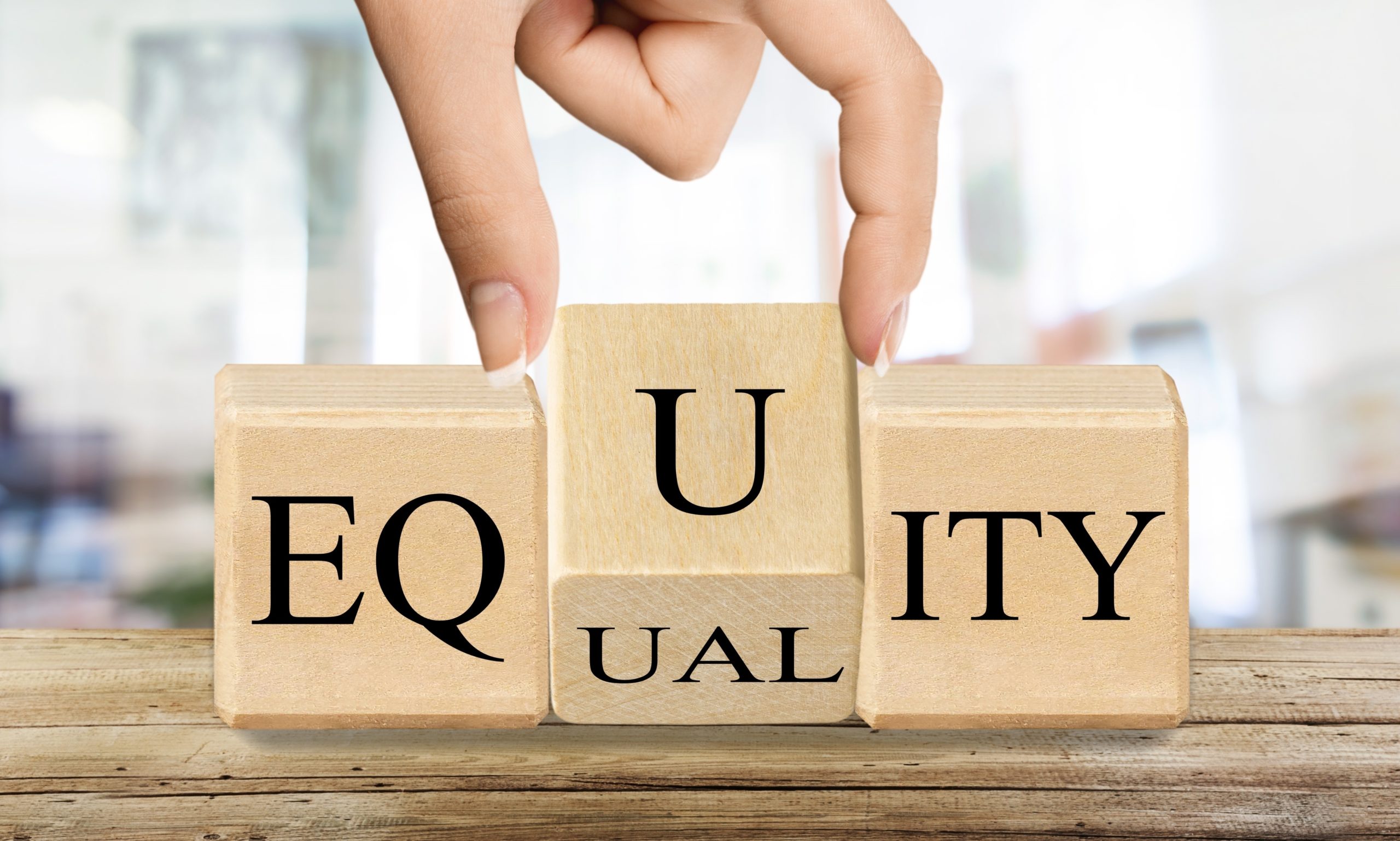If a company has higher equity among its assets, it means that the company is relatively better at managing the risk to supply its assets requirements. On the contrary, if. The value of a company, divided into many equal parts owned by the shareholders, or one of the equal parts into which the value of a company is divided: He sold his equity in the company. Equity ratio is a financial metric that measures the amount of leverage used by a company. It compares the total equity to the total assets and indicates how well a company manages its. The equity multiplier is a measurement of financial leverage, which is the amount of debt used to finance a company’s assets. A high equity multiplier. Commonly employed to measure the extent to which a company finances its assets with debt, the equity multiplier is an important indicator of the financial health of a company:. In finance, your equity is the sum of your assets, for example the value of your house, once your debts have been subtracted from it. [business] to capture his equity,. A high multiplier indicates that a significant portion of a firm’s assets are financed by debt, while a low multiplier shows that either the firm is unable to obtain debt from lenders or the. Equity is ownership, or more specifically, the value of an ownership stake after subtracting for any liabilities (meaning debts). For example, if your home (an asset) is worth. Justice according to natural law or right. Freedom from bias or favoritism. Something that is equitable. When a company has high equity, it means it possesses capital that isn't burdened by debts. This capital can be utilized to sustain the company during periods of. [ c or u ] finance & economics specialized. The value of a company, divided into many equal parts owned by the shareholders, or one of the equal parts into which the value of a company. Equity markets primarily trade publicly listed companies' shares, representing ownership stakes. Investors in equity markets aim to profit from capital appreciation. In finance, equity is typically expressed as a market value, which may be materially higher or lower than the book value. The reason for this difference is that accounting statements are. In general, a company with a high d/e ratio is.
